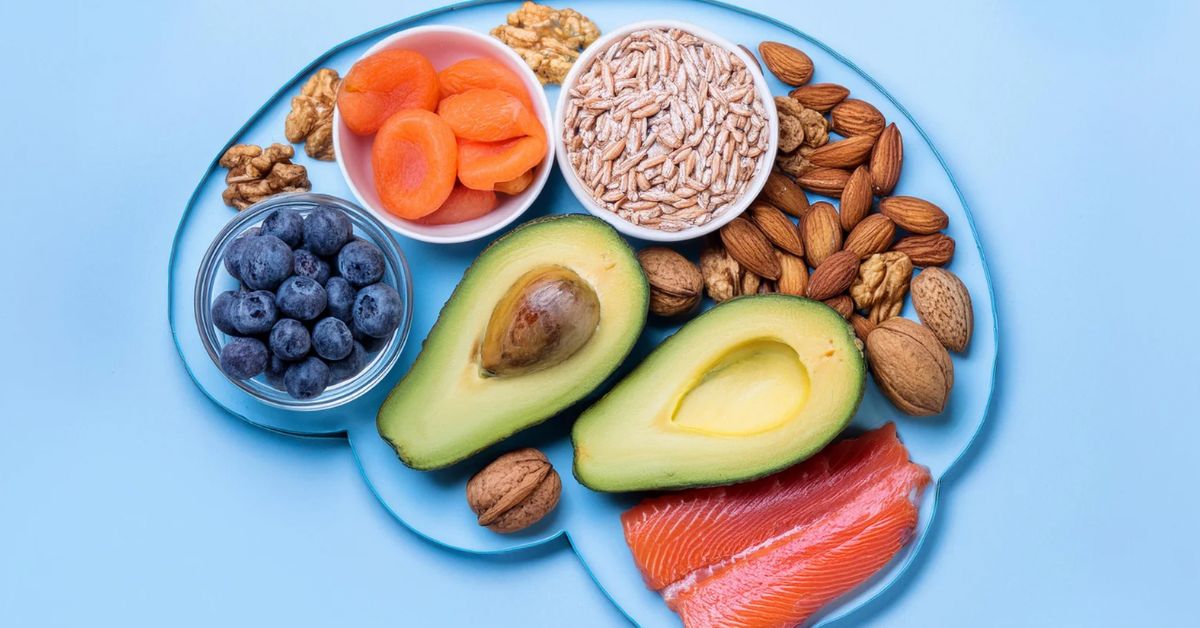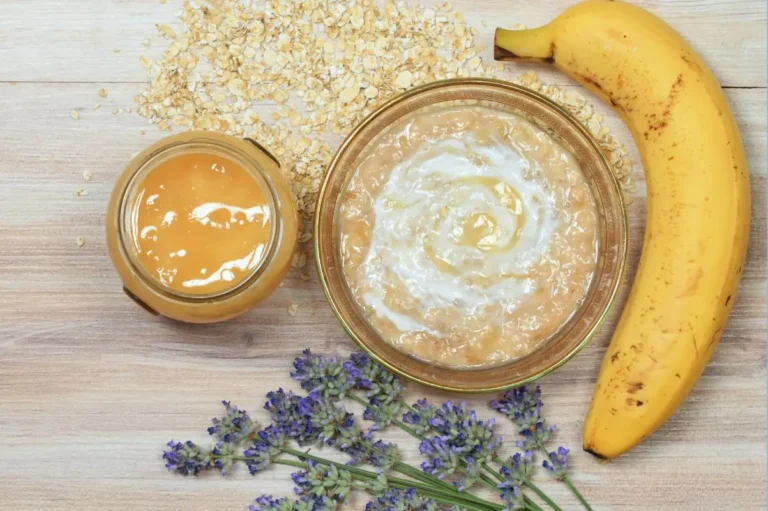How to Naturally Boost Your Mood, Focus & Digestion
Did you know that your gut and brain are constantly chatting? This special connection, called the gut-brain axis, is like a superhighway that controls your mood, mental clarity, immune system, and overall well-being. It’s a two-way road that uses the vagus nerve, special chemicals called neurotransmitters, signals from your immune system, and even the trillions of tiny creatures living in your gut to keep your mind and body in perfect harmony. But when this axis gets out of whack, it can cause all sorts of problems, from brain fog and anxiety to digestive issues and low energy.
Meet Your “Second Brain”: The Gut Microbiome
Your gut is like your second brain, and for good reason! It’s home to trillions of bacteria that make up the gut microbiome. These tiny creatures produce about 90% of the serotonin in your body, which is like a mood stabilizer. They also help control inflammation, protect your gut lining, and make sure you absorb all the nutrients you need, including brain-boosting vitamins like B12 and omega-3 fatty acids. So, a healthy gut microbiome isn’t just about digestion; it’s also about sharpening your mind and keeping your emotions in check.
Signs Your Gut-Brain Axis Out of Balance?
So, how can you determine if your gut-brain axis is imbalanced? Some signs of an imbalanced gut-brain axis include persistent bloating, food sensitivities, poor sleep, anxiety or low mood without a clear cause, and even feeling drained after meals. If these symptoms resonate with you, it’s time to prioritize nurturing your gut-brain connection through a few simple daily habits.
How to Strengthen the Gut-Brain Connection Naturally
Start by fueling your microbiome with a variety of prebiotic and probiotic foods. Prebiotics, such as garlic, onions, oats, bananas, asparagus, and apples, provide nourishment to the beneficial bacteria already present in your gut. Probiotics, found in live-cultured yogurt, kefir, kimchi, sauerkraut, and miso, introduce additional beneficial bacteria to the ecosystem. Consuming just one serving of fermented food daily can significantly enhance your gut diversity and improve your mood resilience over time.
Have you heard of vagus nerve stimulation? It’s a super cool tool that connects your gut and brain, helping you digest food and manage your emotions more calmly. You can activate it with simple things like deep belly breathing (inhale for four seconds, exhale for six), humming or singing, cold face splashes, or gentle yoga and meditation. These little practices can help regulate your nervous system and reduce the stress that can mess with your body.
Managing stress is super important, especially in our crazy world. Chronic stress can mess with our health, like damaging our gut lining, killing good bacteria, and causing inflammation. Adding some stress-busters to our daily routines can help us feel better in our guts and be clearer in our minds. Some cool ways to manage stress include deep breathing, spending time in nature, journaling, talking to a therapist, and cutting down on screen time.
Eliminate Gut-Saboteurs
Have you heard of mindful eating? It’s a super important tool that’s often overlooked. When you eat slowly and focus on your food, you let your brain and tummy work together better. This means you can digest your food more easily and get all the nutrients you need. But if you eat while you’re distracted or on the go, it can mess up this harmony.
To keep your gut and brain happy, it’s time to bid farewell to some not-so-great habits. Say goodbye to ultra-processed foods, too much sugar, alcohol, and caffeine. Also, try to avoid taking unnecessary antibiotics and using NSAIDs like ibuprofen too often. These can weaken your gut lining over time.
If you’re looking for some extra help, supplements might be worth checking out. Probiotics with a whopping 5-10 billion CFUs and multiple strains could be a game-changer for keeping your gut healthy. L-glutamine is like a superhero that can fix your gut lining, while magnesium glycinate helps calm your nervous system. And don’t forget about omega-3s, especially EPA and DHA. These fatty acids can reduce inflammation in your brain and gut, making you feel better overall.
What Science Says About the Gut-Brain Axis
Science continues to affirm the power of this connection. A 2019 review in Nature Microbiology confirmed that gut microbes influence brain function through immune signaling and chemical messengers like butyrate. Meanwhile, a study in Psychiatry Research found that participants who took probiotics experienced reduced anxiety and improved mood within three weeks.
Want a stronger gut-brain connection? No need for a major lifestyle change. Start with a simple daily routine. In the morning, sip warm lemon water and have a probiotic-packed breakfast. In the afternoon, take 10 minutes for some breathwork and enjoy a fiber-rich lunch. In the evening, have a light dinner and follow up with some vagus-nerve-activating practices like humming or gentle yoga. Before bed, try gratitude journaling and consider a calming supplement like magnesium.
Small Habits, Big Impact
Want to improve your gut-brain connection without making a big fuss? Start with small, consistent changes like adding a gut-friendly food, doing a few minutes of breathwork each day, or reducing stress triggers. You’ll notice better focus, improved mood, reduced bloating, and deeper sleep. Your gut is like your second brain, so take care of it, and your whole body will thank you!
Check out the healthlynic ✔️approved range of products for Weight Loss, Improve metabolism and much more!







